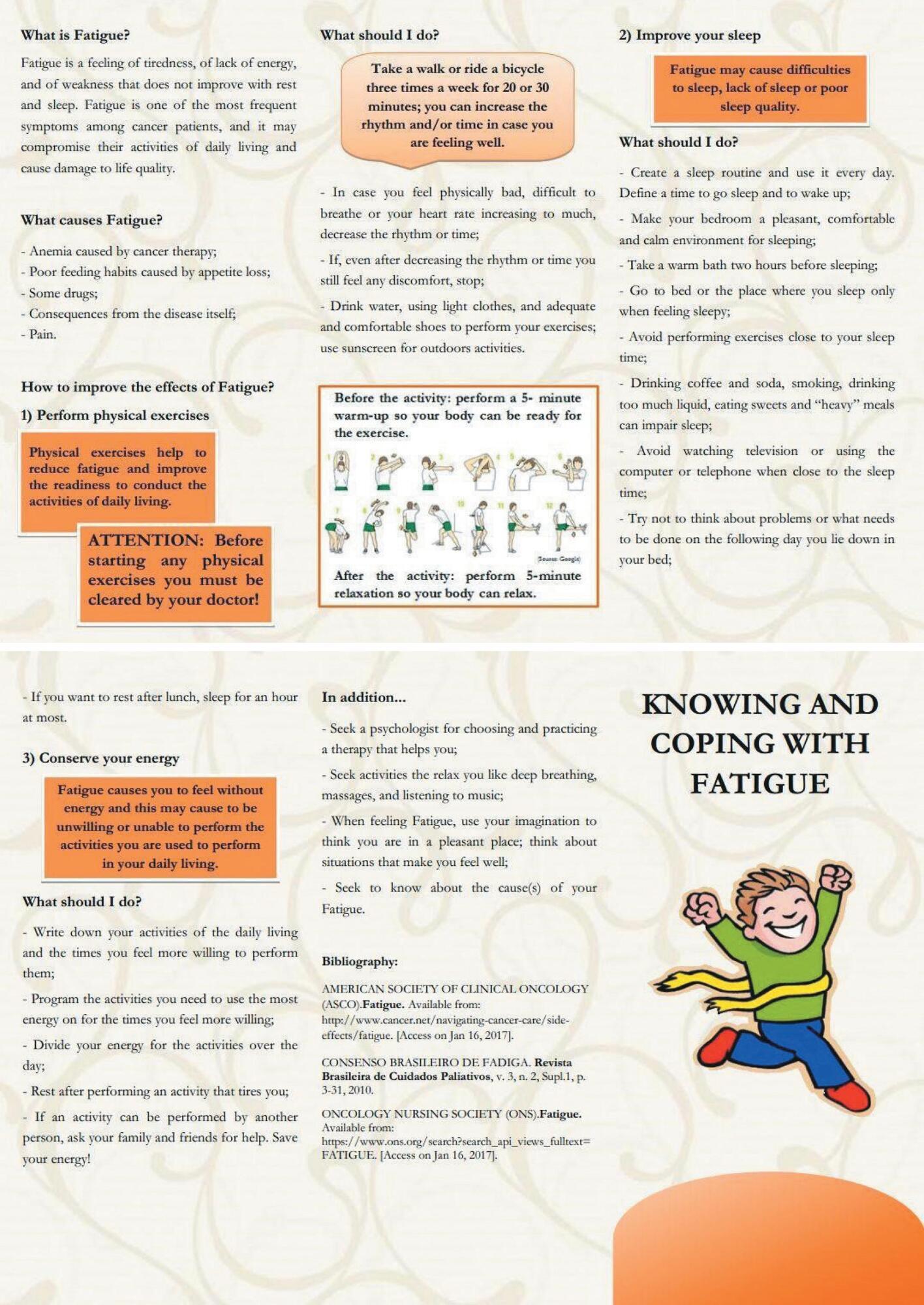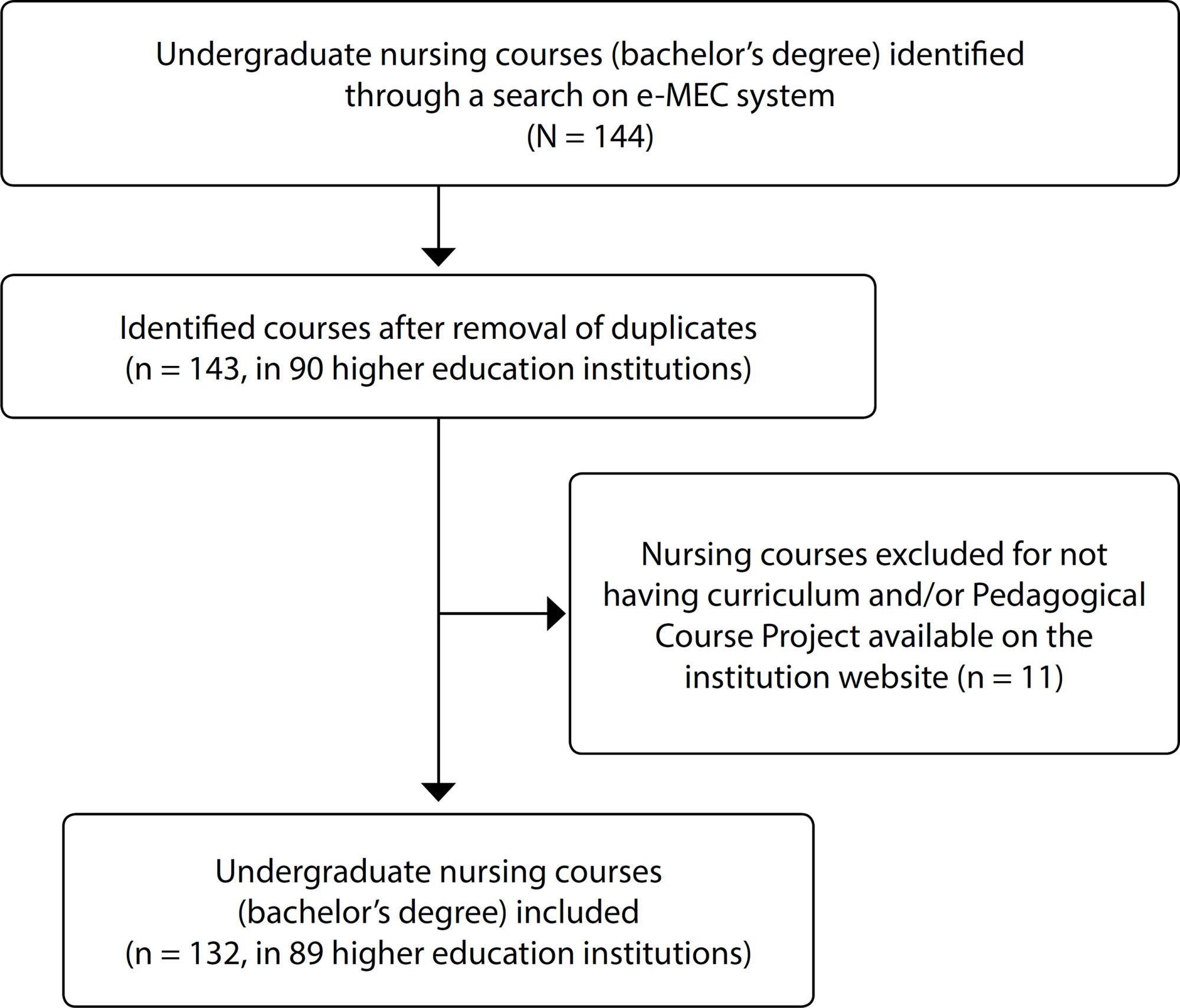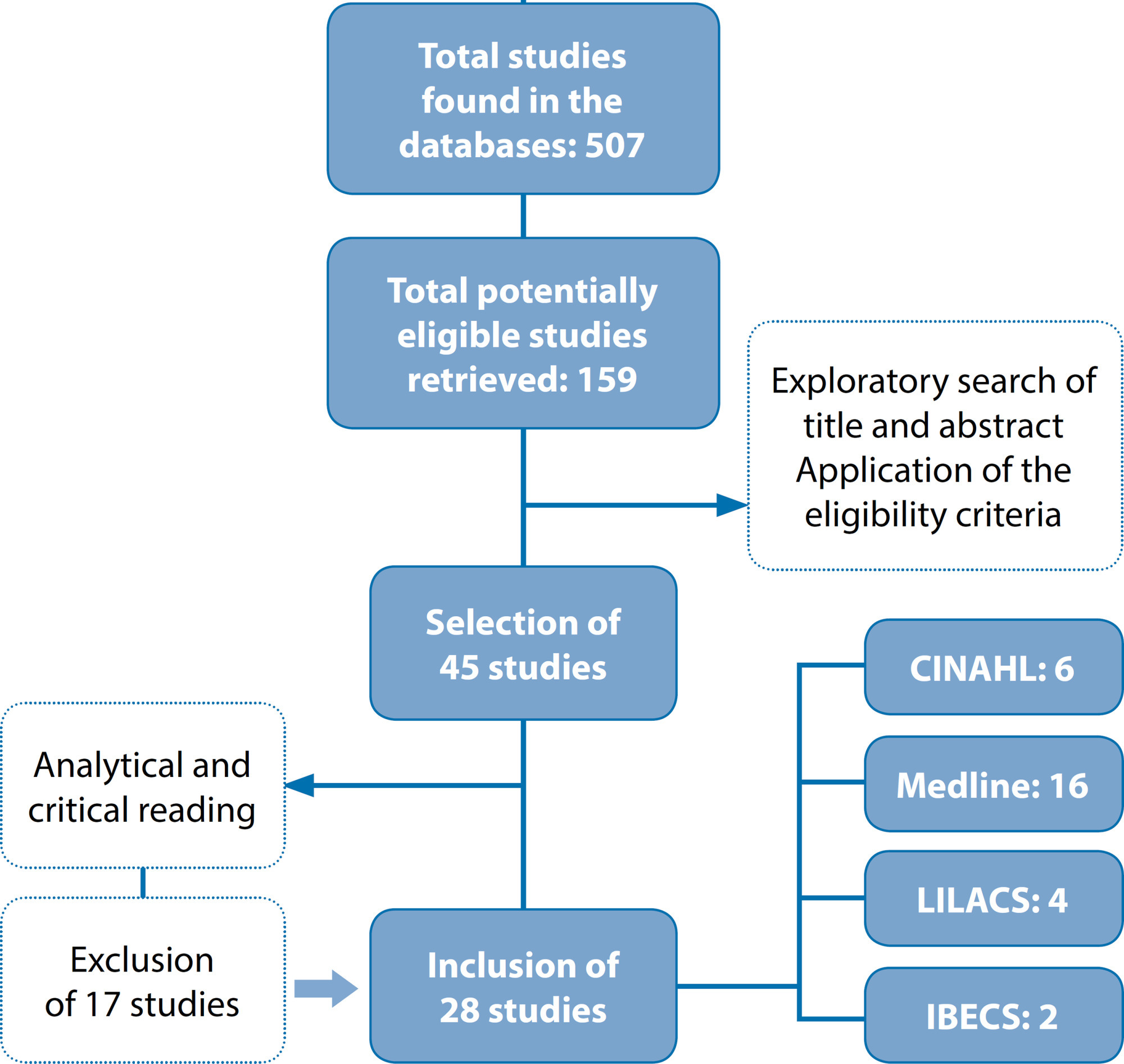-
12-04-2023
General Law on Personal Data Protection and applicability to Nursing
Revista Brasileira de Enfermagem. 2023;76:e20230126
Abstract
General Law on Personal Data Protection and applicability to Nursing
Revista Brasileira de Enfermagem. 2023;76:e20230126
DOI 10.1590/0034-7167-2023-0126
Views0See moreABSTRACT
Objectives:
to reflect on the impacts of the General Personal Data Protection Law on Nursing practice.
Methods:
reflection article, through the intentional collection of materials relating to the topic.
Results:
legislation regulates confidentiality, processing and data sharing, requiring institutional protection measures. The nursing team is responsible for acting preventively, both in care and in the management role, in order to avoid the misuse of the patient’s personal data. The law allows academic research to be carried out as long as the purpose is clear, data collection occurs with an explicit purpose and data is anonymized.
Final Considerations:
although the General Personal Data Protection Law requires greater care in relation to data processing, it is established on precepts of good faith and respect for the rights of the individual, concepts aligned with the nursing code of ethics.

-
REVIEW12-04-2023
Supervision of professional nursing practice in Brazil: a scoping review
Revista Brasileira de Enfermagem. 2023;76:e20230077
Abstract
REVIEWSupervision of professional nursing practice in Brazil: a scoping review
Revista Brasileira de Enfermagem. 2023;76:e20230077
DOI 10.1590/0034-7167-2023-0077
Views0See moreABSTRACT
Objectives:
to map studies that analyze the audit process of nursing councils.
Methods:
this is a scoping review, anchored in the JBI framework, with the guiding question: what is the evidence of the audit process of legal practice of nursing by class councils (COFEN/COREN system)? The searches were carried out in October and November 2022 without limitation of language and year.
Results:
of the 9 selected studies, all are Brazilian and published from 2014 onwards. Among the topics addressed are the role, challenges, costs and difficulties in nurse auditors’ daily work process, in addition to the contribution of the audit sector in Brazil.
Conclusions:
the studies gathered discuss aspects related to costs, challenges and difficulties, but there is no focus on corrective, disciplinary and educational activities as well as little is said about the audit process, its reporting, referral and outcomes.

-
ORIGINAL ARTICLE12-04-2023
Burnout, ethical climate and work organization in covid-19 intensive care units: mixed method study
Revista Brasileira de Enfermagem. 2023;76:e20220684
Abstract
ORIGINAL ARTICLEBurnout, ethical climate and work organization in covid-19 intensive care units: mixed method study
Revista Brasileira de Enfermagem. 2023;76:e20220684
DOI 10.1590/0034-7167-2022-0684
Views0See moreABSTRACT
Objectives:
to analyze the association between burnout and the perception of the ethical climate in nursing professionals in the covid-19 Intensive Care Unit and the relationship with the organization of work from the perspective of managers of these units.
Methods:
mixed method study conducted in three university hospitals in southern Brazil from December 2021 to March 2022. A cross-sectional study was developed with 110 nursing professionals, followed by an exploratory-descriptive study through semi-structured interviews with six managers. Descriptive and analytical statistics and discursive textual analysis were used.
Results:
the prevalence of burnout was 10% and the perception of negative ethical climate was 24.5%. The association between burnout and ethical climate revealed overload and fatigue during working hours, related to tension, fear, and stress that emerged from the consequences of the organization and relations of work in the covid-19 Intensive Care Unit.
Conclusions:
there was an association between burnout and ethical climate and elements of the work organization.
-
ORIGINAL ARTICLE12-04-2023
Incidence and risk factors of pressure injuries in critically ill patients with COVID-19
Revista Brasileira de Enfermagem. 2023;76:e20220553
Abstract
ORIGINAL ARTICLEIncidence and risk factors of pressure injuries in critically ill patients with COVID-19
Revista Brasileira de Enfermagem. 2023;76:e20220553
DOI 10.1590/0034-7167-2022-0553
Views0See moreABSTRACT
Objective:
to analyze pressure injury (PI) incidence and risk factors in patients with COVID-19 admitted to an Intensive Care Unit and characterize the identified PIs.
Method:
a retrospective cohort study, consisting of 668 patients, carried out between March 2020 and February 2021. Clinical/demographic and PI variables were collected from medical records and electronic database. Data were analyzed using descriptive and inferential statistics. Logistic regression was performed to analyze risk factors for PI.
Results:
PI incidence was 30.2% (n=202), with the majority located in the sacral region (52.9%) and in stage 1 (39%). Risk factors were age (p<0.001), Diabetes Mellitus (p=0.005), length of stay (p<0.001), immunosuppression (p=0.034), nutritional risk (p=0.015) and mechanical ventilation (p<0.001).
Conclusion:
PI incidence in critically ill patients with COVID-19 was high.

-
ORIGINAL ARTICLE12-04-2023
Work-related stress among nurses in the COVID-19 pandemic: What are the contributing factors?
Revista Brasileira de Enfermagem. 2023;76:e20220586
Abstract
ORIGINAL ARTICLEWork-related stress among nurses in the COVID-19 pandemic: What are the contributing factors?
Revista Brasileira de Enfermagem. 2023;76:e20220586
DOI 10.1590/0034-7167-2022-0586
Views0See moreABSTRACT
Objective:
To analyze the contributing factors of work-related stress among nurses in the COVID-19 pandemic.
Methods:
A cross-sectional study was conducted with 101 nurse practitioners from two hospitals in West Java, Indonesia. We distributed an online questionnaire to evaluate work-related stress and the data were analyzed using ordinal logistic regression.
Results:
More than half of the nurses experienced moderate work-related stress. The study revealed that nurses aged over 35 years old had a lower likelihood of experiencing work-related stress (AOR: 0.173; 95%CI: 0.038-0.782). Married nurses had a higher likelihood (AOR: 7.156; 95% CI: 1.456-35.163). Additionally, nurses with low and moderate workloads had a lower likelihood (AOR: 0.003; 95%CI: 0.000-0.051) and (AOR: 0.025; 95%CI: 0.005-0.116), respectively.
Conclusion:
The consideration of age, marital status, and workload is essential in effectively addressing work-related stress among nurse practitioners.
-
ORIGINAL ARTICLE12-04-2023
Factors affecting the community’s attitude toward COVID-19 vaccination: cross-sectional study
Revista Brasileira de Enfermagem. 2023;76:e20220597
Abstract
ORIGINAL ARTICLEFactors affecting the community’s attitude toward COVID-19 vaccination: cross-sectional study
Revista Brasileira de Enfermagem. 2023;76:e20220597
DOI 10.1590/0034-7167-2022-0597
Views0See moreABSTRACT
Objective:
The study aimed to analyze the factors that affect the community’s attitude towards COVID-19 vaccination in Tangerang District.
Methods:
A cross-sectional study was used. Convenience sampling was used to select 400 respondents. Inclusion criteria are living in Tangerang District, aged between 18 and 55, and earning a living. An online questionnaire was used and passed validity and reliability tests. This study received ethical approval.
Results:
Most respondents had a high level of education (48.50%), low income (72.50%), high knowledge (78%), and a positive attitude (76.50%) regarding vaccination against COVID-19. The Chi-square test revealed a correlation between knowledge and attitudes towards COVID-19 vaccination (p=0.001), as well as education levels (p=0.001), but there was no correlation between income and attitudes (p=0.094).
Conclusions:
Health professionals should engage in extensive socialization and face-to-face visits with people with limited access to information to promote a positive attitude and expand the scope of COVID-19 vaccination.
-
ORIGINAL ARTICLE12-04-2023
Assessment of the quality of life and mental health of healthcare students during the COVID-19 pandemic
Revista Brasileira de Enfermagem. 2023;76:e20230068
Abstract
ORIGINAL ARTICLEAssessment of the quality of life and mental health of healthcare students during the COVID-19 pandemic
Revista Brasileira de Enfermagem. 2023;76:e20230068
DOI 10.1590/0034-7167-2023-0068
Views0See moreABSTRACT
Objective:
to evaluate the quality of life (QOL) and the presence of symptoms related to depression, anxiety, and stress among students in the healthcare field, in comparison to the period before the COVID-19 pandemic.
Methods:
A comparative cross-sectional research was conducted at a Brazilian public university. QOL was assessed using the WHOQOL-bref scale, while symptoms of depression, anxiety, and stress were evaluated using the DASS-21 scale. Descriptive and inferential analyses were employed to compare the two time periods.
Results:
A total of 355 students participated in this study. During the pandemic, there were significant increases in severe depression symptoms (15.1% versus 24.8%), moderate anxiety (18.3% versus 29.4%), and moderate stress (40.9% versus 53.8%) observed among the participants. Additionally, a significant reduction in QOL was noted, particularly in the domain of social relationships (65.2 versus 59.6, p-value 0.029).
Conclusion:
The study highlights a deterioration in both the quality of life and the mental health of healthcare students during the COVID-19 pandemic.
Search
Search in:
Nuvem de Tags
Enfermagem (930)Cuidados de Enfermagem (269)Atenção Primária à Saúde (239)Idoso (208)Educação em Enfermagem (151)Segurança do Paciente (150)Saúde Mental (145)Educação em Saúde (139)Estudos de Validação (131)Qualidade de Vida (104)Tecnologia Educacional (100)Promoção da Saúde (99)COVID-19 (91)Criança (91)Família (87)Enfermagem Pediátrica (86)Saúde do Trabalhador (86)Adolescente (85)Saúde Pública (82)Estudantes de Enfermagem (77)






